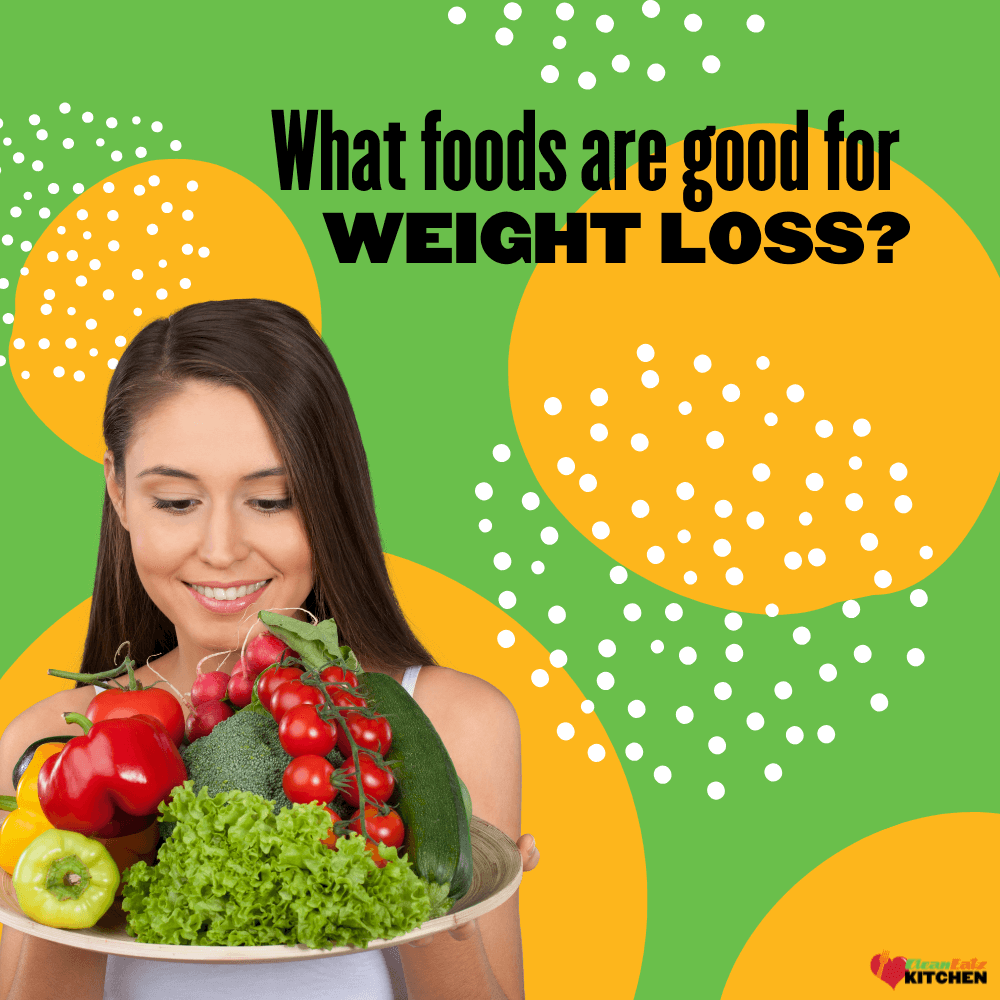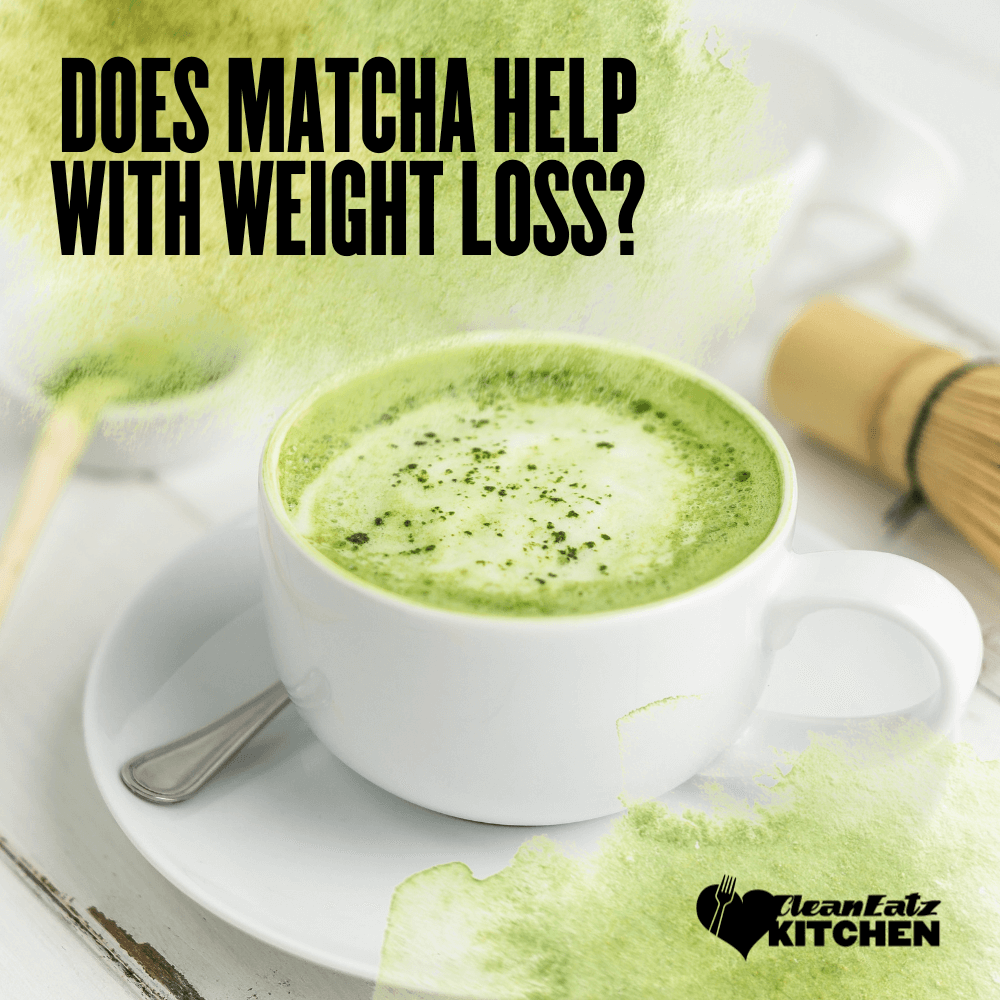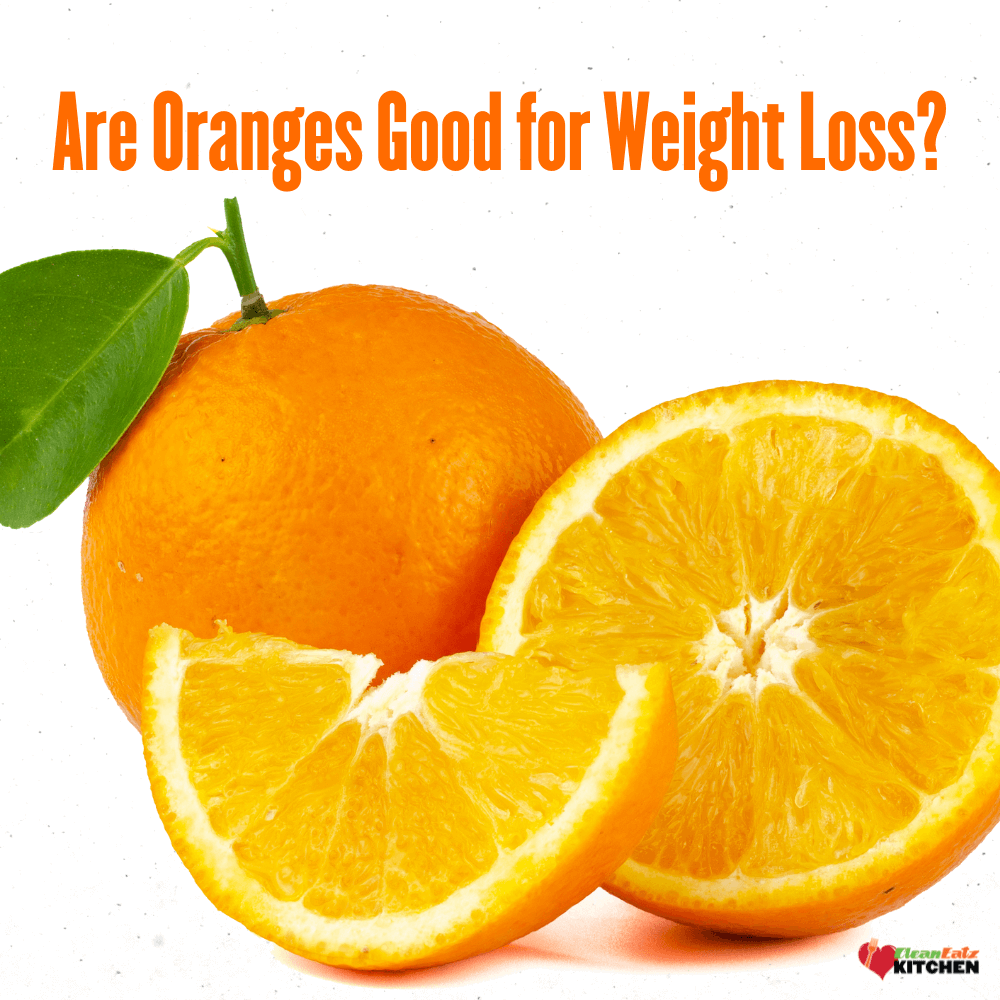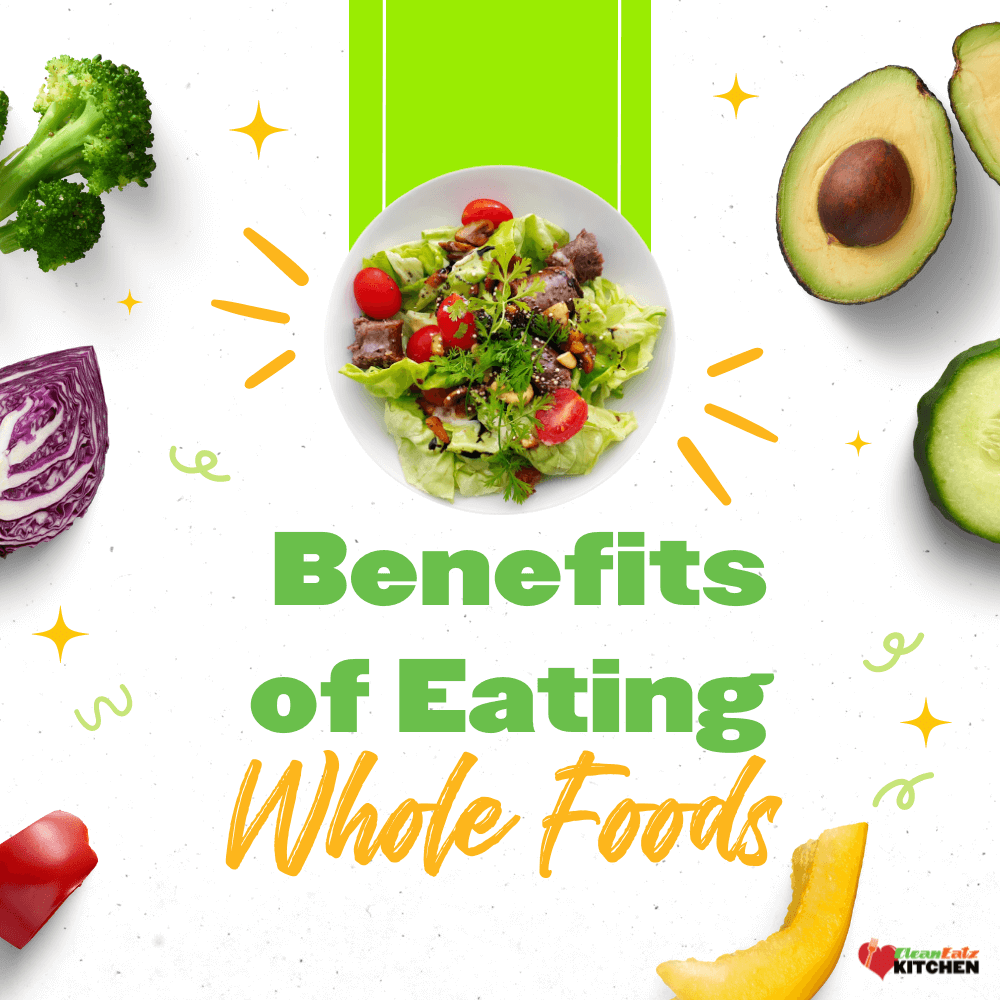
The Best Weight Loss Foods for Your Health
Jason Nista
Nutrition
|
Weight Loss
7 minute read
You've heard this one before: Eat less, move more and you'll lose weight. But what you eat can also have a huge impact on your body's ability to burn fat.
If you want to know what foods are good for weight loss to see results efforts as quickly as possible, keep reading this article to discover key weight losing products.
How Does Food Help You Lose Weight?
Eating fewer calories than your body requires, also known as maintaining a calorie deficit, is the sole method to achieve weight loss. You may have experimented with numerous unappetizing low-calorie options without witnessing any significant changes, but it turns out that there are plenty of delectable and nutritious foods that can assist you in shedding those extra pounds. So, what foods are good for weight loss? Explore the wide variety of delicious options available to support your weight loss journey.
Chicken and Other Lean Meats
Lean meats are a great source of protein, which is necessary to fuel your body as it goes through its day. Lean meats such as chicken and turkey also tend to be lower in calories than other kinds of meat, making them an excellent choice if you're trying to cut back on calories.
Lean meat is also low in fat and cholesterol compared to other types of meat, so it's much better for our bodies than red meat like beef or pork chops would be.
In addition, leaner meats contain more iron than other types of protein sources (like fish), which helps fight anemia that many people suffer from due to not eating enough iron-rich foods every day.
Fish
Fish is low in fat, rich in protein, and contains omega-3 fatty acids that help keep your heart healthy. Fish may also be a good source of vitamins and minerals, but it's important to remember that not all fish are created equal.
Some types—such as tuna, salmon, or mackerel—are higher in mercury than others. Mercury can be toxic to the body when consumed at high levels over an extended period of time.
It’s essential when considering what weight loss foods are good for you to also consider if they are also healthy for your body overall.
Eggs
Eggs are an excellent source of protein, as well as choline, selenium, lutein, and zeaxanthin.
Choline is an essential nutrient that helps with brain health. Selenium is an essential nutrient that supports thyroid function. Lutein and zeaxanthin are antioxidants found in the retina (a specialized tissue at the back of your eye).
Greek Yogurt & Cottage Cheese
Greek yogurt and cottage cheese are excellent sources of protein, which is essential for maintaining a healthy weight.
In addition to being high in protein-rich food, Greek yogurt has low fat and carbohydrates, making it a great option for anyone looking to lose weight.
Cottage cheese also has less fat than most other cheeses and can be eaten as an appetizer or part of a healthy lunch. Both foods have calcium added during processing so they're good for strengthening your bones as well.
Whole Grains, Brown Rice, Quinoa, Oats
Whole grains, brown rice, quinoa, and oats are all good for weight loss. They are also high in fiber and low in fat which helps with digestion and delivery of nutrients to the body.
Whole grains also contain many vitamins and minerals which help sustain your energy levels throughout the day.
In the list of weight loss foods, some can also boost your metabolism, like whole grains, helping you cut back on calories and burn more throughout the day.
Beans, Legumes, and Soybeans
Beans, legumes, and soybeans are high in fiber. Fiber helps you feel full longer so you eat less. It's also good for your digestive system.
Protein is an important part of any diet. Beans and other legumes offer protein that's generally comparable to meat, eggs, or dairy products.
Almonds and Other Nuts & Seeds
Nuts and seeds are high in protein, fiber, and unsaturated fats. While they contain a lot of fat, it's the good kind that helps lower cholesterol. Nuts also contain vitamins and minerals like magnesium, potassium, calcium, and vitamin E.
Almonds are packed with protein as well as thiamin (B1), riboflavin (B2), niacin (B3), pantothenic acid (B5), folate, and copper. It also contains calcium, iron, zinc, magnesium, and potassium—all of which help maintain healthy bones.
Zucchini and Other Vegetables
Zucchini is a great source of vitamin C. Vitamin C can help your body absorb iron, which is essential for energy production. Zucchini is also high in fiber and low in calories and fat, making it an excellent weight loss food that will keep you full.
Additionally, zucchini contains potassium, which helps regulate your blood pressure by balancing sodium levels in the body. This can help prevent blood vessel damage and reduce the risk of heart disease when paired with a low-fat weight loss meal plan.
It's great to know that when looking into what foods are good for weight loss, you find that many of them also deliver many other health benefits.
Apples, Pears, and Other Fruits
Fruit can be a great source of fiber, vitamins, and minerals. But you should still eat it in moderation because fruit is naturally high in sugar.
The biggest benefit of eating fruits is that they can make you feel full more quickly than other foods like pasta or rice – which means smaller portions overall.
Final Thoughts
As you can see when looking at what foods are good for weight loss, you aren’t limited. There are many good foods that you can eat.
Try making sure that you get a good variety of these healthy foods so that your body gets all the vitamins and minerals to sustain a higher metabolism and healthy immune system.
FAQ
Is it necessary to count calories when focusing on weight loss foods?
Counting calories can be a helpful strategy for weight loss, as it creates awareness of your daily energy intake. While not essential, tracking calories can provide insights into portion sizes and ensure you maintain a calorie deficit for weight loss. However, focusing on nutrient-dense, whole foods and practicing mindful eating can also lead to successful weight loss without explicit calorie counting.
How can meal planning and portion control help with weight loss?
Meal planning and portion control are effective tools for weight loss. By planning your meals in advance, you can make healthier choices, control portion sizes, and avoid impulsive eating. Portion control helps manage calorie intake, promotes balanced nutrition, and prevents overeating. It encourages mindful eating habits and can contribute to long-term weight management success.
Are there any specific dairy or dairy alternatives that support weight loss?
Several dairy and dairy alternatives can support weight loss. Low-fat or fat-free dairy products, such as skim milk, Greek yogurt, and cottage cheese, provide protein, calcium, and other essential nutrients with fewer calories. Non-dairy alternatives like almond milk, soy milk, and coconut milk can also be suitable options, especially if they are unsweetened and fortified with nutrients like calcium and vitamin D.
What role do legumes play in a weight loss diet?
Legumes play a significant role in a weight loss diet. They are high in fiber, which promotes satiety, reduces hunger, and aids in weight management. Legumes are also low in fat and provide a good source of protein. With a low glycemic index, they help regulate blood sugar levels. Incorporating legumes such as lentils, chickpeas, and black beans into your meals can enhance nutrient intake, increase fullness, and support healthy weight loss.
Related Articles
Is Matcha Good for Weight Loss?
8 minute read
Are Oranges Good for Weight Loss?
6 minute read



